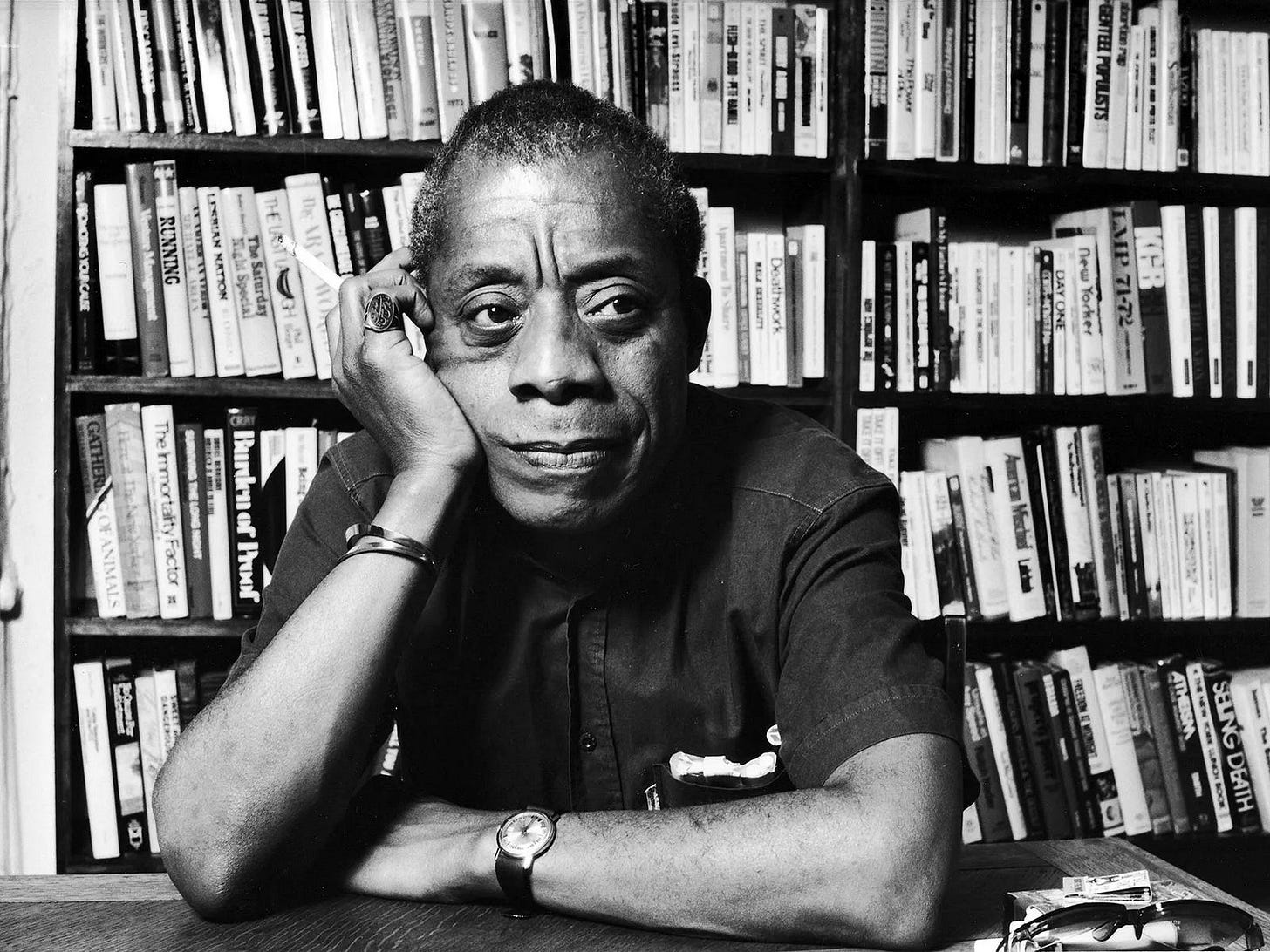Community Spotlight
Here’s what you missed this past week:
how to plan your day in 15 mins or less
there is something about sitting with important ideas for several weeks
AI Doesn’t Care About Your Résume
How to Network as an Introvert
the difference between an artist and a creator
how do you build a menu for your day?
I unfortunately had to attend a funeral this past week. The essay below was written years ago, but it felt important to share again during this time.
Love y’all.
— Daniel
Begin with the end in mind
“Begin with the end in mind” is sound advice.
But how does one practically take action on this?
Read someone’s eulogy.
There’s no better way to reflect on your inevitable end than to pause and examine another life well lived.
Eulogies capture the essence of a person’s journey, their triumphs and trials, and the impact they’ve had on those around them.
They distill a lifetime into a narrative that invites us to contemplate our own paths.
If you can slow down just enough to read the stories of the giants that have come before us, you’ll gain insights that will shape your future.
On December 1, 1987, James Baldwin passed away from stomach cancer in France.
Baldwin called so many legendary figures of the 20th century, friend, including Maya Angelou, Nina Simone, and editor Sol Stein.
Notably, Stein (one of the greatest editors to ever live) and Baldwin were classmates at De Witt Clinton High School in the Bronx.
But it was Nobel Prize–winning novelist Toni Morrison who wrote Baldwin’s Eulogy. Life in His Language was published in The New York Times.
It’s 1241 words of goosebump forming prose.
Toni demonstrates a command of storytelling that few of us will ever achieve.
Jimmy, there is too much to think about you, and too much to feel. The difficulty is your life refuses summation — it always did — and invites contemplation instead. Like many of us left here I thought I knew you. Now I discover that in your company it is myself I know. That is the astonishing gift of your art and your friendship: You gave us ourselves to think about, to cherish.
— Toni Morrison
Baldwin’s legacy reaches far beyond the impact he had on the civil rights movement and the elevation of black people in America. His work continues to help all of us take a closer look at ourselves and reflect on what it means to be human.
You made American English honest — genuinely international. You exposed its secrets and reshaped it until it was truly modern dialogic, representative, humane. You stripped it of ease and false comfort and fake innocence and evasion and hypocrisy.
— Toni Morrison
Baldwin was unapologetic, fierce, honest, and courageous.
You have to be comfortable making other people uncomfortable, but you also need a steady hand when your opinions and beliefs are challenged.
Exhibit A below.
… initial spectacle of mediocrity condescending to genius is painful, but the subsequent triumph of [Baldwin’s] self-taught brilliance over credentialed ignorance is thrilling to witness.
You replaced lumbering platitudes with an upright elegance.
— Toni Morrison
It’s tempting to regurgitate common knowledge and phrases just because algorithms push it. Chasing after a quick dopamine hit from the notification bell.
Don’t do it.
Infuse your posts with a unique style, grace, charm, wit, and soul.
I wish I could have met James Baldwin. He left this world in December of 1987, about 6 months after I entered it.
Through the process of writing this piece, I felt like I got to meet him face to face. His words and legacy have become a part of my own journey, challenging me to think deeper and live more authentically.
Baldwin’s fearless exploration of truth and humanity resonates with me more now than ever, reminding us of the power of art to transform how we think.
Writing about him has not only been enlightening but also therapeutic.
As I reflect on his life, I’m inspired to live mine with more purpose and passion, carrying forward the wisdom and lessons he left with us.
— Daniel





Sending love your way